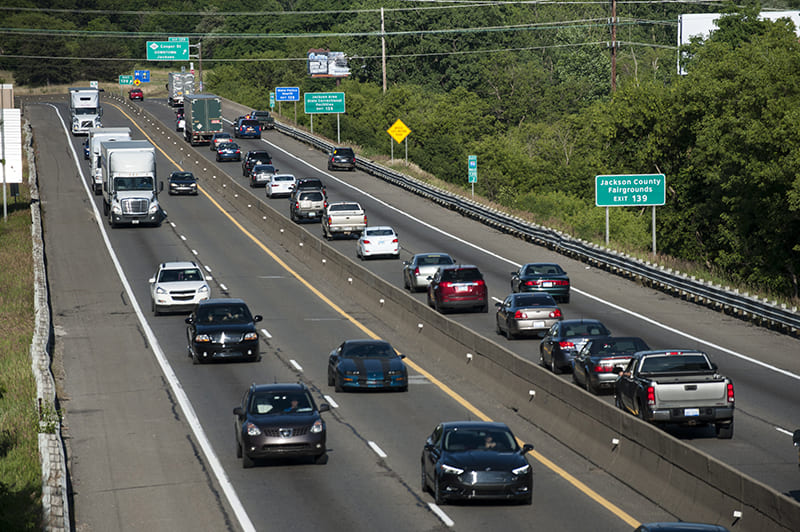Beginning Saturday, July 1, drivers with unlimited personal injury protection (PIP) coverage will have to pay $122 per vehicle to the Michigan Catastrophic Claims Association (MCAA). That’s an increase of $36 from last year’s MCAA fee.
For all other insurance plans, drivers will owe $48 per vehicle after paying no deficit recoupment fee last year, according to the MCAA’s 2023-24 Insurance Company Assessment.
Fees for July 1, 2023 through June 30, 2024 were set by the MCAA this spring to address an estimated $3.7 billion deficit in the fund used to reimburse auto insurance companies after they cover more than $600,000 in medical costs for any given claim.
It’s also the same fund that paid out refunds of $400 per vehicle last year when there was a surplus of about $5 billion.
Officials from the MCAA blame a recent Michigan Court of Appeals decision for the deficit, along with lower than expected investment returns. In the case Andary v. USAA Casualty Insurance Co., the court ruled that changes to Michigan’s No-Fault Act that cut lifetime health benefits in 2019 couldn’t be applied retroactively.
That decision, which left the state on the hook to pay the lifetime medical costs for auto crash victims who were injured before the state’s 2019 insurance reform, resulted in “higher-than-anticipated claims costs,” according to the MCAA.
“If you pull the string on part of the medical fee schedule, the sweater unravels quickly,” said Erin McDonough, executive director of the Insurance Alliance of Michigan, in a statement released this spring. “Everyone who got $400 per-vehicle refunds this past spring are going to be sending $48 of it back to the MCCA because of the disruption caused by the Court of Appeals’ decision.”
Tim Hoste, president of the Coalition Protecting Auto No-Fault (CPAN), issued a response statement in which he said: “The powerful and well-funded auto insurance lobby should look in the mirror to find the real driver of rate increases being forced down the throats of Michiganders. Filings prove that auto insurers burden Michigan drivers with massive rate hikes — and then conveniently look for someone else to wrongly blame for the increases.”
Related: Cost of car insurance, care for the catastrophically injured at stake as Supreme Court hears no-fault case
Back in early 2019, Michigan drivers paid the highest auto insurance rates in the nation. That was primarily due to the state’s no-fault insurance system, which required drivers to have unlimited PIP coverage.
When the legislature overhauled the system, it allowed policyholders to choose one of six levels of PIP coverage from unlimited to no PIP coverage. The changes aimed to reduce driver’s insurance premiums — and did.
After paying an MCAA fee of $220 in 2019-20, drivers with unlimited PIP paid $86 beginning last summer, and drivers with other PIP or no PIP plans didn’t pay into the fund.
The annual fee is determine by the MCAA, which is a nonprofit association created by the Michigan legislature in 1978. The group requires insurance companies to cover those costs, which are generally passed down to the insurance policyholders.
Read more on MLive:
Where rent is most, least affordable in Michigan
Rain should fall more often over Michigan, Great Lakes, and here’s why
Wallet Watch: Budding union efforts in Michigan’s cannabis industry
4 takeaways from Trump’s first Michigan speech of 2024 election

